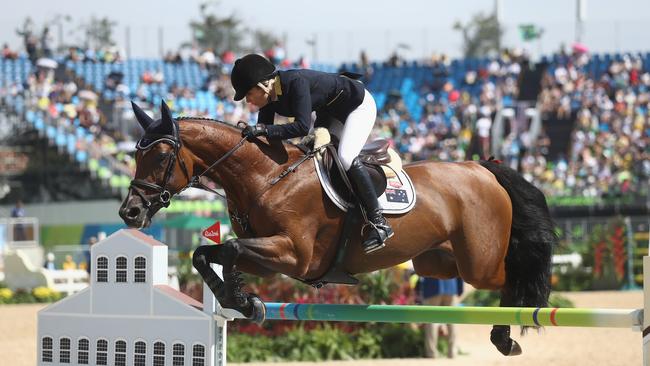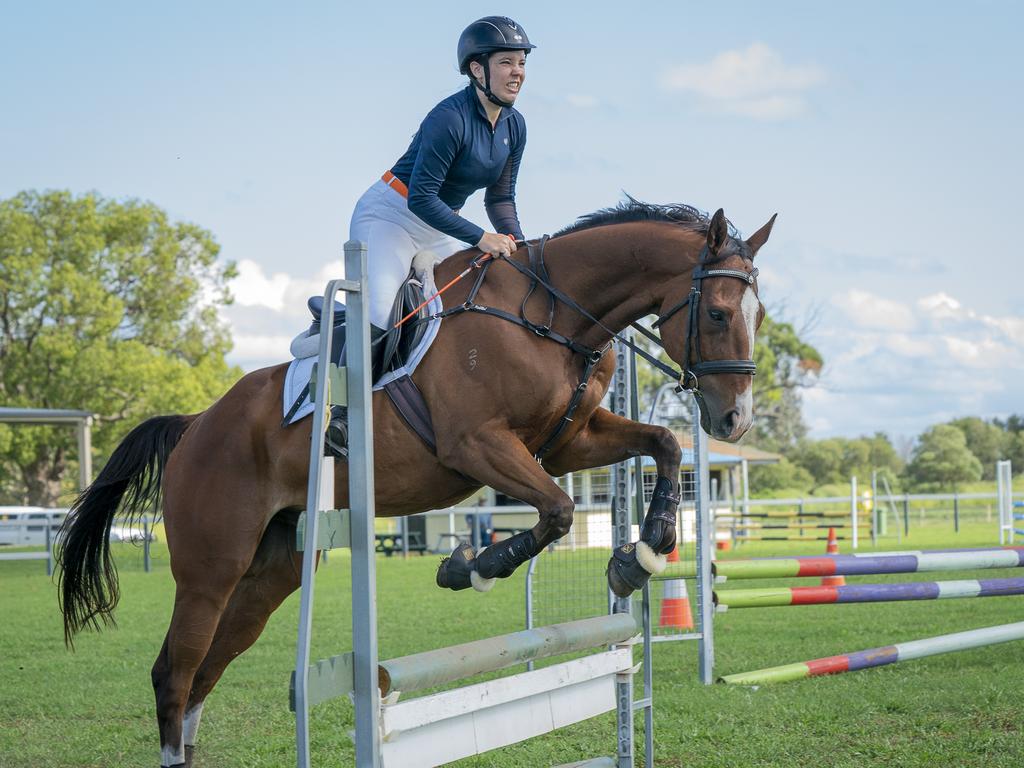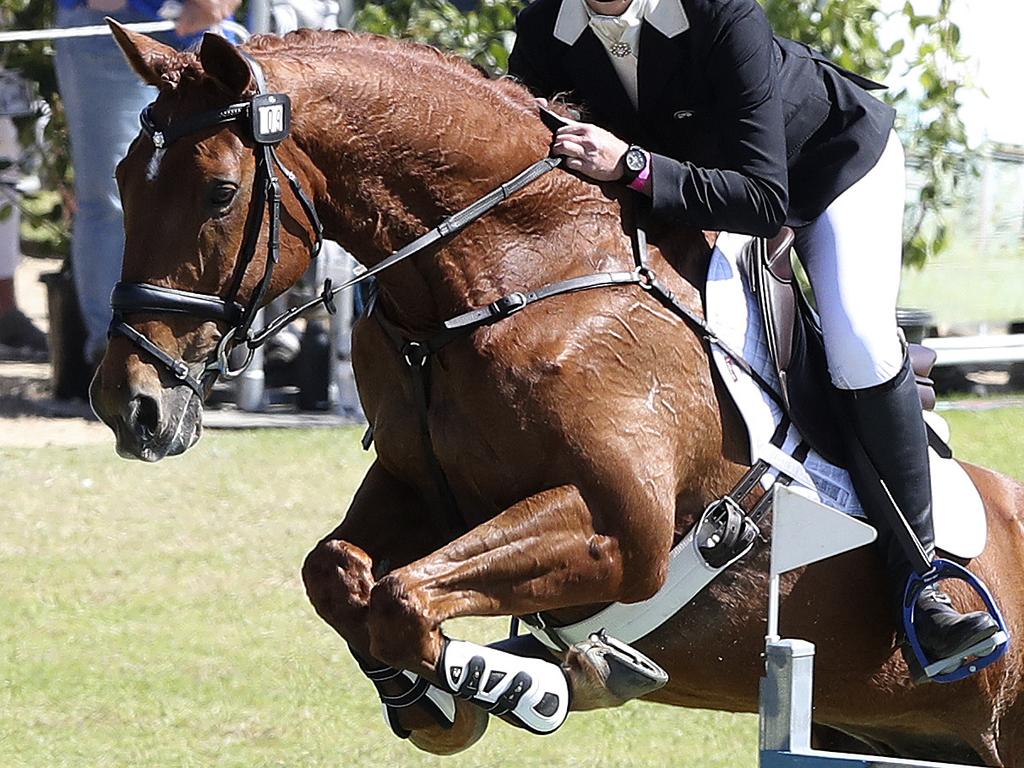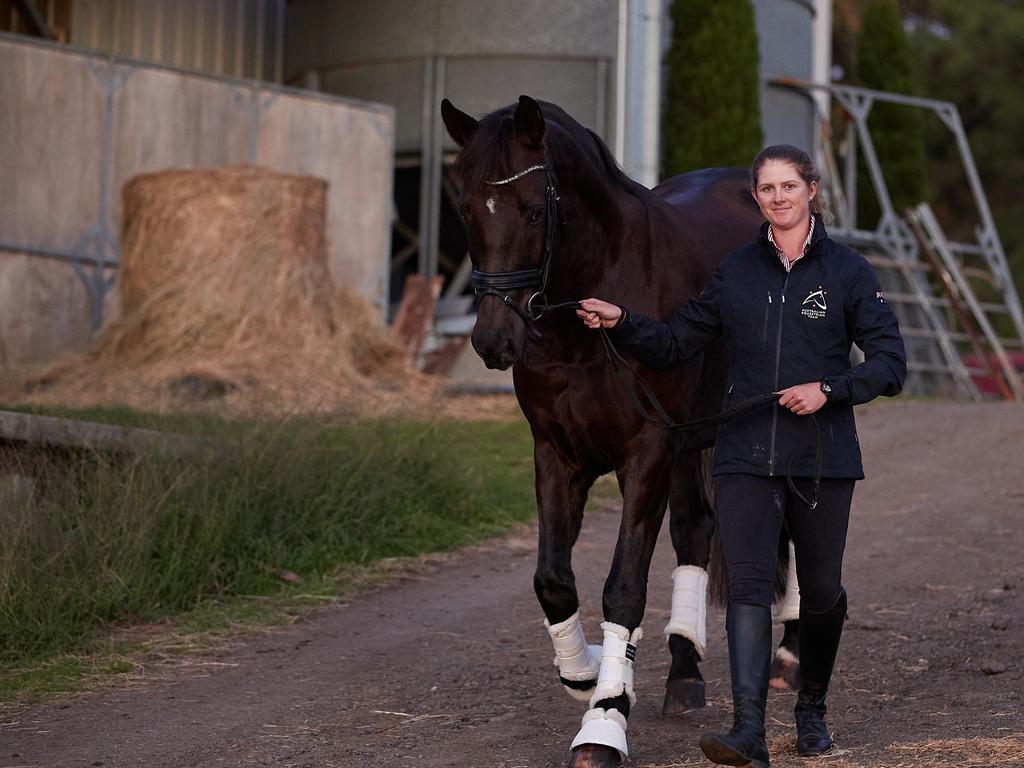Liquidation looms for Equestrian Australia
Equestrian Australia is in danger of liquidation after a disagreement erupted between the organisation’s administrators and five state branches.

Equestrian Australia is in danger of liquidation after a disagreement erupted between the organisation’s administrators and five state branches over the sport’s reformation.
The receivership of the sport, that has delivered Australia 12 Olympic medals, including six golds, has descended into open warfare with five of the seven state branches issuing public memos threatening to block the administrators’ proposal, which is endorsed by both Sport Australia and the Australian Olympic Committee.
Should the KordaMentha Deed of Company Arrangement (DOCA) not receive the majority of votes at a creditor’s meeting next Wednesday, the sport’s hopes of restoring government funding will be scuppered.
Such a move would also be disastrous for the body’s 20,000 members and every rider across the nation, effectively preventing competitions and events, and dashing hopes of sending an Australian team to the Olympics.
The deadlock comes weeks after the national body’s government funding was rescinded when Sport Australia decided Equestrian Australia’s governance had “fallen well short of acceptable standards” with the resignation of eight directors, including three chairs, over just 16 months.
Within days Craig Shepard and Kate Conneely of KordaMentha had been appointed as administrators.
In a letter sent to Mr Shepard on Sunday, the chairpeople of the NSW, Victorian, Tasmanian, South Australian and Western Australian branches raised concerns about the administrator’s proposal to clean up the organisation and provided an alternative they argued is a “vastly better path to take”.
The five state branches issued a call to arms to their members, arguing that KordaMentha’s proposal would stop meaningful representation for smaller disciplines such as vaulting and will dilute the voices of smaller branches.
But Mr Shepard and Ms Conneely struck back at the branches on Thursday, poking holes in their claim that members would not be able to vote on the future of the organisation under the administrator’s proposal.
“The Administrators have and continue to encourage all members to participate and vote in the administration process,” they said. The four remaining directors have no say on who can or cannot vote. The Administrators are not seeking to deny any member a right to vote.”
They also called out the threat of legal action, declaring: “we are very pleased to read the States believe that it is not fair or equitable for members not to have a vote. We share this view. We note the States have identified the only way to make this process fair is by taking court action.”
If the state proposal is successful, it won’t satisfy the requirements of Sport Australia, the Australian Olympic Committee or the Federation Equestre Internationale, meaning the model is doomed to fail.
Alternatively if KordaMentha’s proposal gets up and the states don’t make the requisite changes, the body will be forced into liquidation.
In an eleventh-hour change to their proposal late on Thursday, the states withdrew their push for the appointment of former NSW Office of Sport chief Matt Miller as an independent external adviser.
The Australian revealed in March that $1m in taxpayer funds was awarded to a firm connected to the son of Equestrian NSW president and former ACT magistrate Peter Dingwall to resurface two arenas at the Sydney International Equestrian Centre.
Mr Miller signed off on the tender, which was referred to the state’s Independent Commission Against Corruption in May after concerns over conflicts of interest.
The Australian is not suggesting Mr Miller or the Dingwalls had any conflict of interest, only that it was reported to ICAC.
One Equestrian WA member told The Australian they had been bombarded with emails about the voting process since KordaMentha had published their scathing report into the organisation, receiving fourteen emails directing them on how to vote.
The state branches have the advantage of having a direct point of contact with members, whereas the national body does not.
The KordaMentha report revealed the states’ proposal did not meet any of the requirements of stakeholders such as the Australian Sporting Commission and the Australian Olympic Committee; a state-based structure would only be representative of the state branches (excluding Equestrian Queensland); and members would miss out on an immediate vote.
KordaMentha argues its own model would best serve the interests of creditors and members.
Equestrian Australia, which has had $13m in taxpayer funds over four years, has been read the riot act by Sport Australia and the AOC.
In order to send a team to Tokyo, the body will have to show it is conducting its activities in compliance with the AOC constitution, the Olympic Charter and the rules of the Federation Equestre Internationale.
It is understood the FEI is watching the turmoil closely.








To join the conversation, please log in. Don't have an account? Register
Join the conversation, you are commenting as Logout